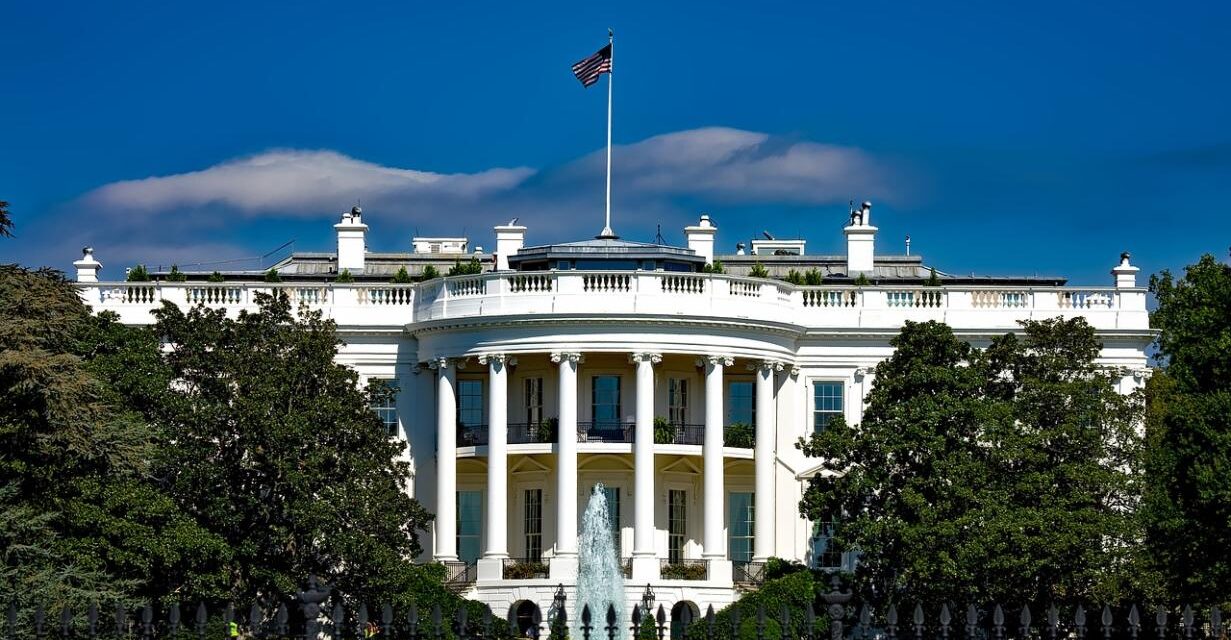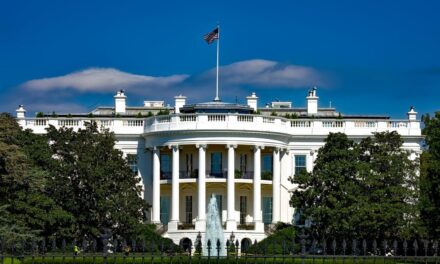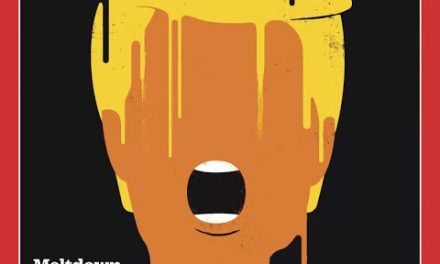Some seemingly long-settled issues didn’t go away, they went underground. This time around some of the key players are acting a lot like those they once disdained.
For more on pruning back executive power see Pruning Shears.
No Associated Press content was harmed in the writing of this post
If it is true that our earliest experiences are the most influential (child is father to the man and all that) then the sixties are the dominant years for our current leaders. It has since become a cliché that the era never really ended and continues to fundamentally shape our discourse, but I only agree to a point. After all, every generation is shaped by the events of its time and those events exert an ongoing influence. On the other hand, the turbulence then does make it more influential than other periods. Starting with the Kennedy assassination and ending with Watergate there was an unpopular draft, the Vietnam war, additional traumatic political murders and other momentous events that have cast a very long shadow. And of course the generation formed in this cauldron was also part of a huge population spike, which imprinted the swirl of controversy even more firmly on the national psyche. But even without the demographic component it was destined to be much-discussed because it was marked by contentiousness that has not been matched until perhaps recently. (Side note to today’s young people: Hope you like those arguments you’re having! You can look forward to another forty years of them.)
The resignation of Richard Nixon and the winding down of the war shortly thereafter seemed to end that chapter, and a couple of interpretations hardened into conventional wisdom. My best attempt to summarize goes like this: “The antiwar activists were basically right to protest; the war was waged under a false premise and should never have escalated as it did. They made their points very rudely though, and it would have been nicer if they had been a little more polite and diplomatic. And Nixon stepped way over the line and deserved to leave office in disgrace.” It still flares up periodically, as in Patrick Buchanan’s 1992 Republican convention speech (“[t]here is a religious war going on in our country for the soul of America. It is a cultural war, as critical to the kind of nation we will one day be as was the Cold War itself.”) but it usually seems to be along the lines of how the sixties coarsened our culture and introduced moral relativism. The basic take on the war itself or the resignation looked settled. However, beneath the surface on the far right was a sense of rage, shame and defiance. Some like young David Addington believed (per a childhood friend) America “should have stayed and won the Vietnam War, despite the fact that we were losing”. Others like Dick Cheney concluded that “Watergate and a lot of things around Watergate and Vietnam, both during the ’70s served, I think, to erode the authority” of the President. In other words, a small but eventually influential group on the right never conceded anything.
From their perspective the only problem with Vietnam was that we left, and when they finally got to direct a war of their own there would be no such mistake. In the face of total discredit and loss of faith from the public they would continue a deeply unpopular war because to do otherwise would be to concede “we don’t have the stomach for the fight”. The domino theory was perfectly valid, and in fact lived on as a “benign domino” of democratic reform in the middle east. And Nixon was right to wiretap without warrants – period. It became impermissible to say so in polite company, but he got a raw deal. Quietly but insistently members of this group managed to get their hands on the levers of power, and they set to righting the wrongs of that prior era. And of course, it also means the next generation of Cheneys, Bushes and Addingtons are currently justifying torture, championing (and studiously avoiding service in) the Iraq war, and arguing that respecting civil liberties turns the Constitution into a suicide pact.
But like an O. Henry short story here is the upside down twist at the end: The hippies won anyway. The administration that so self-consciously distanced itself from the flower child ethos has adopted some of its most remarked upon features. Its leaders are cheerfully vulgar towards those they disagree with, and far from being apologetic they justify it with an “if it feels good do it” attitude. They are resolute authority haters, dismissive of all attempts at oversight and casually contemptuous of the law. They avoided service in a war they supported through exquisitely timed pregnancies or neglected stateside duties. They wear suits instead of tie dies, but otherwise conform perfectly to the caricature of dissolution they have taken great pains to repudiate.







